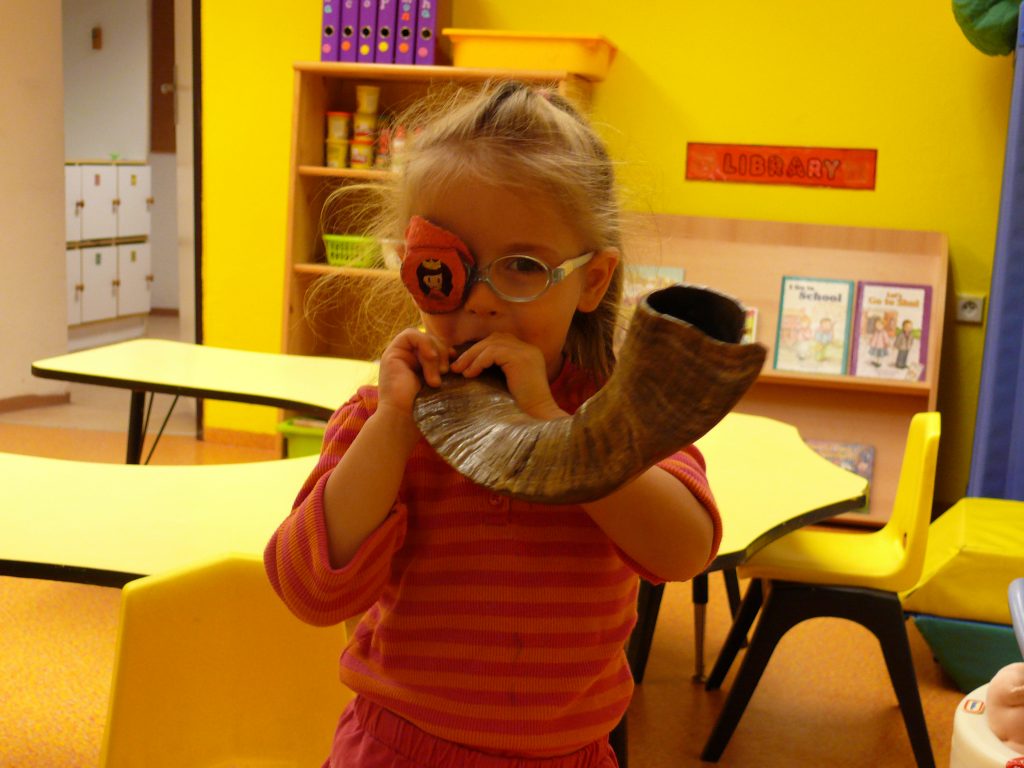
Jewish Experiences and new Encounters in Present Slovakia
In contrast to most other countries in this study, Jews in Slovakia are – with very few exceptions (Bratislava, Košice) – almost invisible in public life due to their small number, especially in peripheral areas, cities, and places. However, dynamic interaction with non-Jews is perceptible.
Our Jewish interview partners were encouraged to describe how they consider organized Jewish life in the country by now, what makes their individual (Jewish) identities distinct, and what kind of networks they maintain. Our non-Jewish partners were asked for their specific commitment to Jewish topics, their engagement in joint projects with Jewish fellow citizens, the discovery of joint guilt for the tragic fate of Slovakia’s Jews under Tiso, and facing new antisemitism. The sharing of biographical experiences was – in both groups – explicitly welcomed.
Surprisingly, almost all Jewish interview partners were (carefully) optimistic about Jewish prospects. Being aware of the community’s tiny size (compared with the pre-World War II environment) while encountering similar problems to most other diaspora communities in Europe: aging, secularization and assimilation, declining interest in religion among young people, and a lack of sufficient infrastructure.
On the other hand, our interview partners, especially those with special roles in the Bratislava community, expressed a resolute and active pragmatism (“to make the best of it”), proudly raising the flag and holding on to Jewish traditions and a spirit of community.
As it turned out, Slovak Jews feel foremost as Slovak citizens and secondly as ethnic or religious Jews, and they obviously feel well integrated into society. Actual trends and incidents of antisemitism, neo-fascism, and historical revisionism are carefully monitored but not considered an existential threat. Most of the interviewees see Slovakia as one of the most secure places for Jews worldwide. Thus, the trust in politics and authorities seems unshaken, at least for the time being.
Like other Jewish population groups under focus, Slovakia’s Jews express strong connectivity with Israel but are usually not thinking of emigration to the Jewish State (“Alijah”). Several factors seem to merge here: A certain feeling of “being at home” in Slovakia (and of individual safety), vibrant social networks with Jewish and non-Jewish coevals, relatedness with Central Europe, in some cases even pointing to multi-ethnic cultural experiences tracing back to the times of Austria-Hungary.
Our non-Jewish interviewees had usually found their approach to Jewish topics, Jewish networks, and finally friends via intensively dealing with the fate of Slovakia’s Jews during World War II and a certain unease on unsettled reconciliation. Though, they also favored a straight style of communication. At certain points, their view on current Slovakian society appeared as even more critical than the Jewish one.